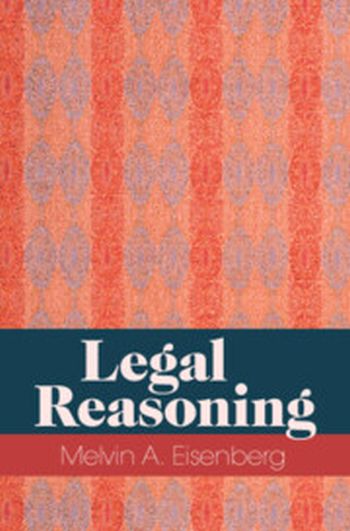
The common law, which is made by courts, consists of rules that govern relations between individuals, such as contracts and torts (the law of private wrongs). Legal Reasoning explains and analyzes the modes of reasoning utilized by the courts in making and applying common law rules. These modes include reasoning from binding precedents (prior cases that are binding on the deciding court); reasoning from authoritative although not binding sources, such as leading treatises; reasoning from analogy; reasoning from propositions of morality, policy, and experience; making exceptions; drawing distinctions; and overruling. The book further examines and explains the roles of logic, deduction, and good judgment in legal reasoning. With accessible prose and full descriptions of illustrative cases, this book is a valuable resource for anyone who wishes to get a hands-on grasp of legal reasoning.